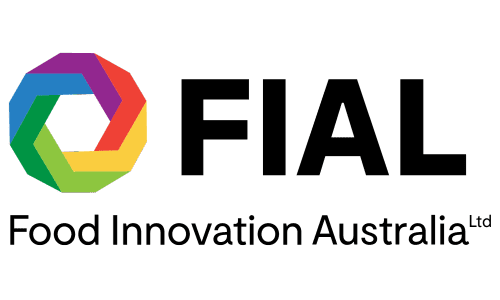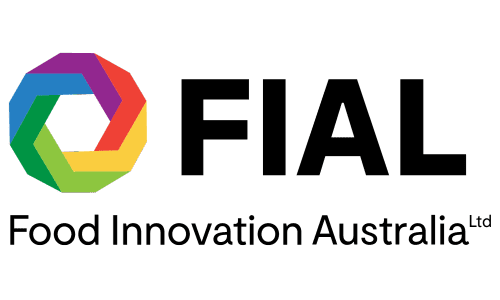ESG is important for businesses, and having a structured and comprehensive approach to managing and communicating sustainability initiatives is necessary for any business operation's overall success and resilience.
Global ESG expert Professor Danny Samson is leading this workshop. He focuses on ensuring that your organisation is compliant and well-positioned to enhance its competitive position and ensure continuous improvement. Join our exclusive interactive workshop on ESG and learn how to foster a continuous improvement and innovation culture using a tailored assessment tool to be held at the Monash Food Innovation Centre.
Date:18 March 2024
Time: 8am arrival for 8.30am start until 10am (including a light continental breakfast)
Location: 27 Chancellors Walk Clayton 3168 / 203 The Boardroom in the Chancellery
Cost: $0
ESG considerations have become critically important for businesses, a structured and comprehensive approach to managing and communicating sustainability initiatives is a must for the overall success & resilience of any business operations.
Some of the benefits of a tailored ESG evaluation tool for the food and beverage sector:
- Regulatory compliance: streamline the process of tracking and reporting relevant data, ensuring compliance with existing and future regulations.
- Supply chain resilience: evaluation tool identifies potential vulnerabilities and aligns responsible business practices to improve sustainable sourcing and procurement.
- Improved transparency: key ESG metrics to allow stakeholders to access and understand sustainability performance and reporting easily.
- Engagement: stakeholders, including investors, customers, and employees, are increasingly interested in a company's ESG initiatives. A valuation can be the starting point to showcase a company's commitment to sustainability and responsible business practices.
- Risk management: identify and manage potential environmental and social risks in supply chains. This proactive approach allows for better risk mitigation and resilience in the face of changing regulatory landscapes, society, and consumer expectations.
- Cost savings: implementing sustainable practices often involves optimising resources and reducing waste. The evaluation identifies cost savings and operational efficiencies through more sustainable practices.
- Competitive advantage: a tailored evaluation allows businesses to differentiate themselves within the market by showcasing sustainability achievements, in turn potentially attracting environmentally and socially conscious consumers.

